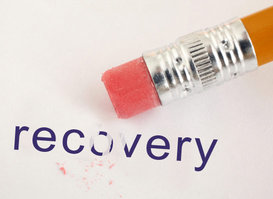 I have a high regard for the work of the psychiatrist Peter Breggin. Here is an article he wrote on forgiveness for the Huffington Post earlier in the year. Forgiveness plays a key role in recovery.
I have a high regard for the work of the psychiatrist Peter Breggin. Here is an article he wrote on forgiveness for the Huffington Post earlier in the year. Forgiveness plays a key role in recovery.
‘Early in 1865, in his second inaugural address, little more than a month before his assassination, Abraham Lincoln stood before the bloodied, fractured United States to speak about forgiveness, the letting go of hatreds, and the binding of wounds. He implored the people of America:
“With malice toward none, with charity for all, with firmness in the right as God gives us to see the right, let us strive on to finish the work we are in, to bind up the nation’s wounds, to care for him who shall have borne the battle and for his widow and his orphan, to do all which may achieve and cherish a just and lasting peace among ourselves and with all nations.”






